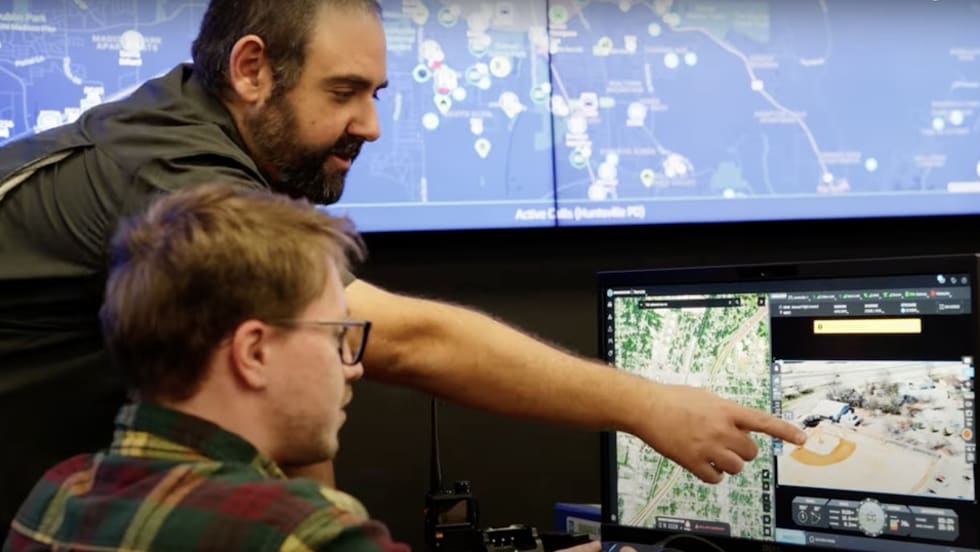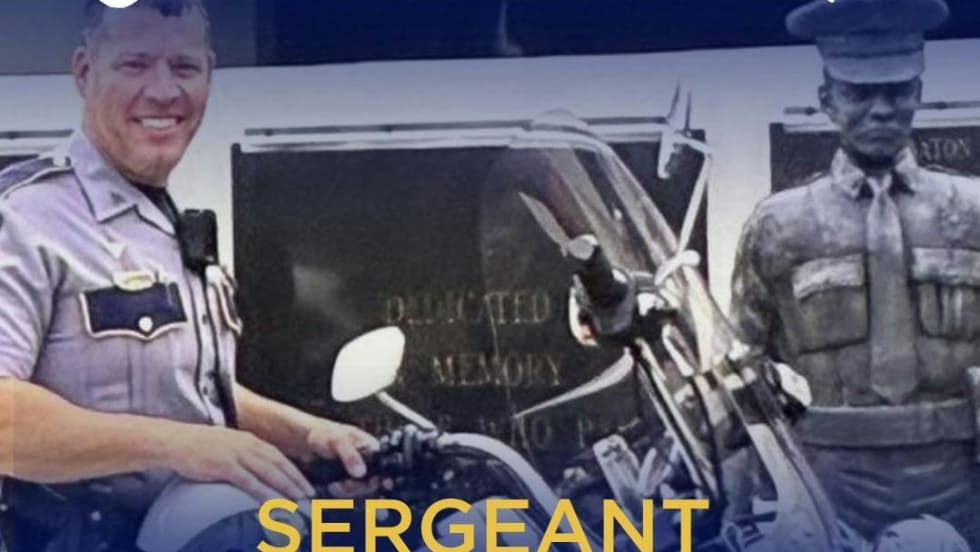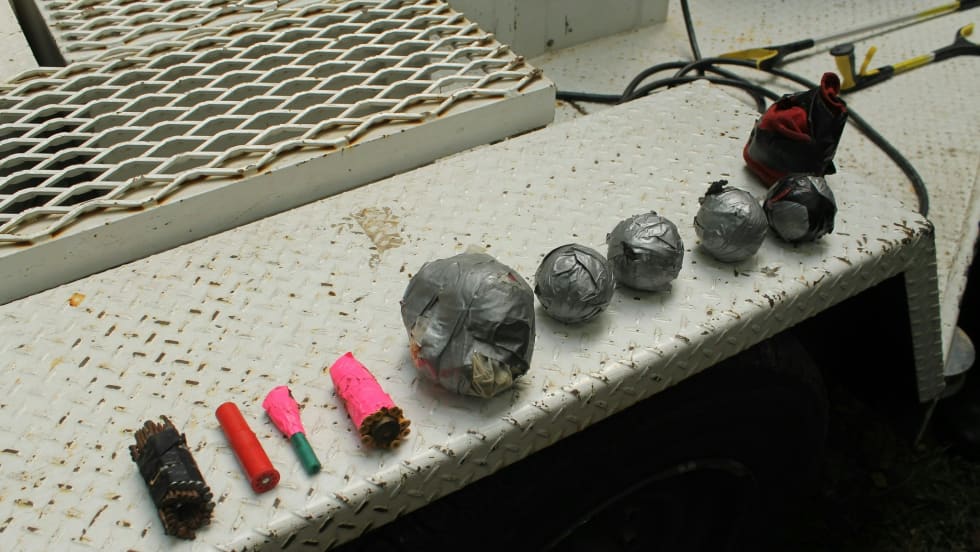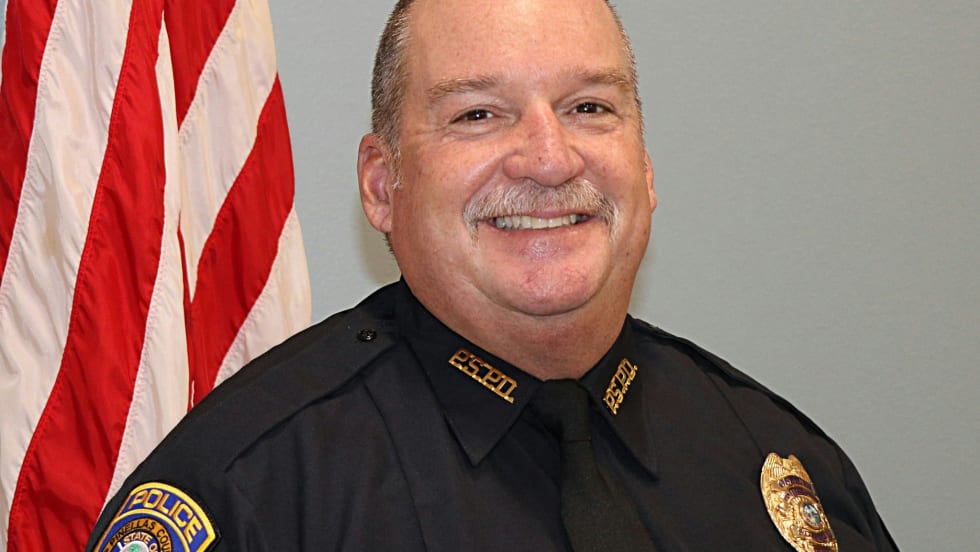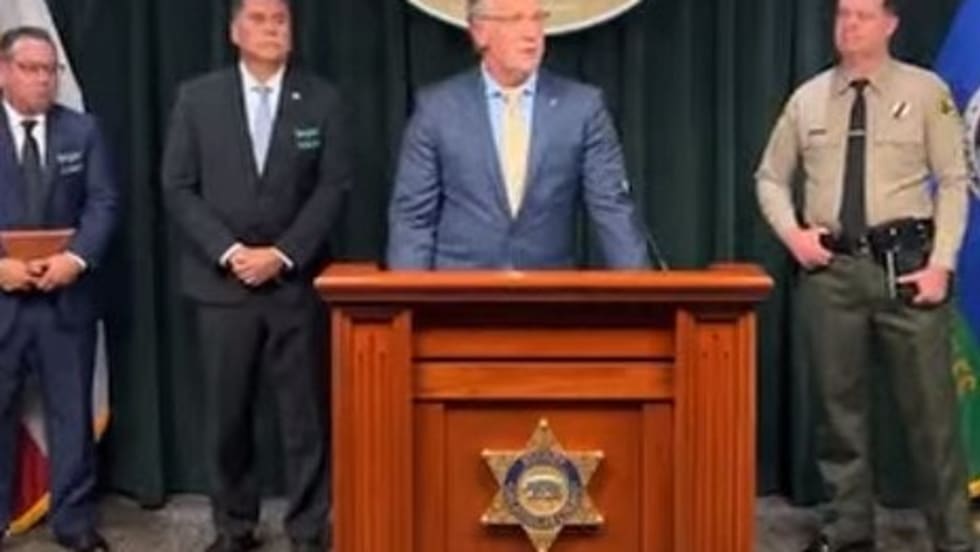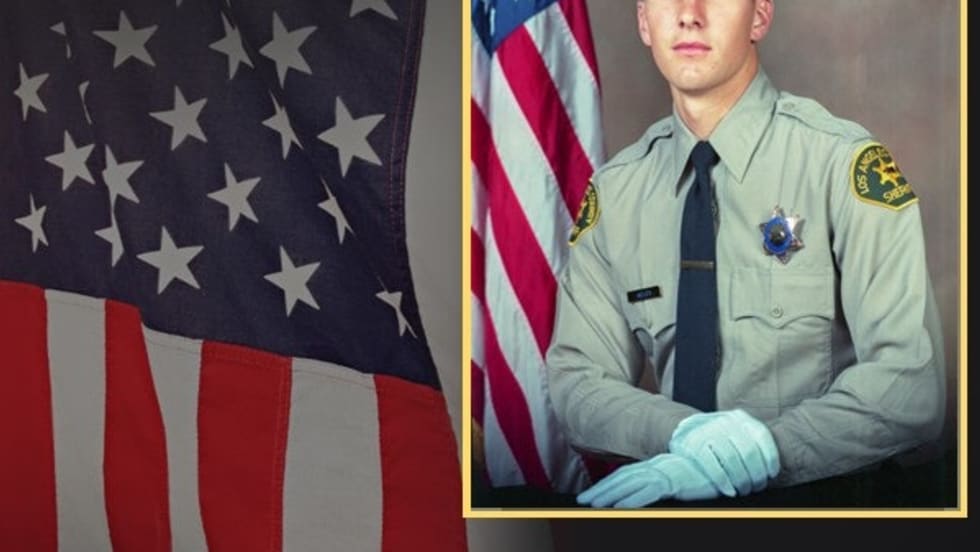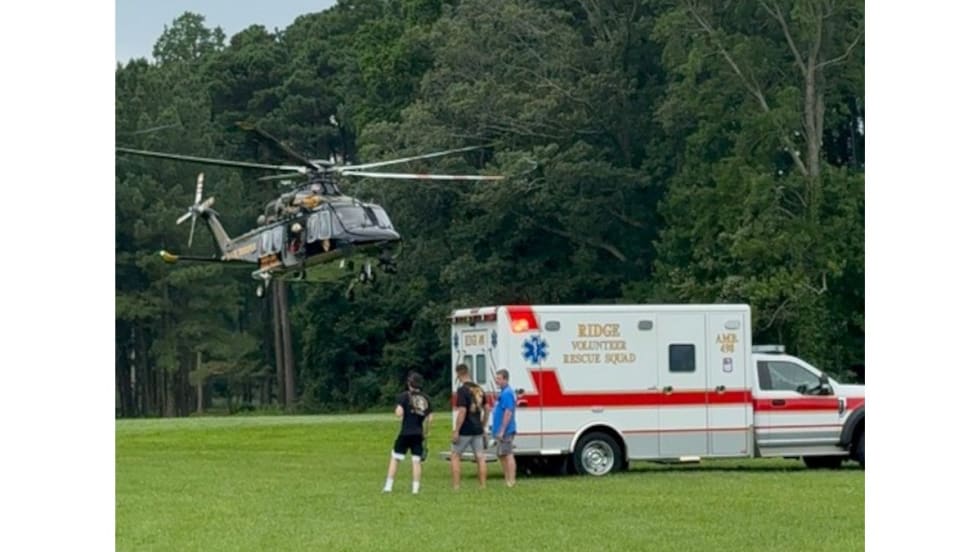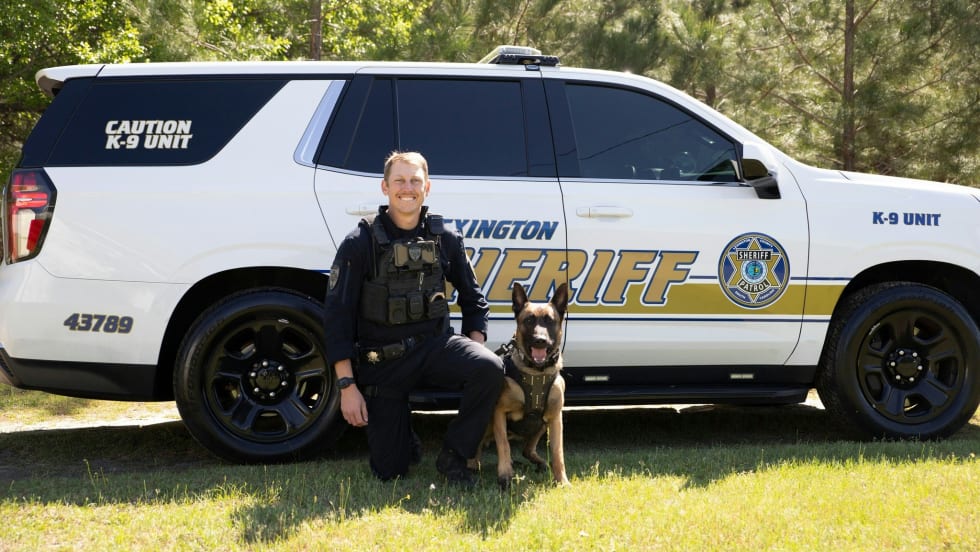Participating in the evaluation of response to Hurricane Katrina, the Association of Public-Safety Communications Officials (APCO) International testified before the Senate Committee on Commerce, Science, and Transportation hearing on Hurricane Katrina response, specifically the communications issues highlighted by the storm.
APCO First Vice President Willis Carter testified on behalf of the organization, providing an overview of a visit he made to several communications centers in the affected areas and outlining some of the issues he identified.
"I saw devastation and despair in every direction, and I also saw the same basic problems in all areas," Carter's written testimony said. "Lack of coordinated incident command and control, lack of direct support for communications centers and their personnel, and the inability to communicate were obvious problems in every area that I visited."
In his testimony, Carter offered 10 recommendations on Congressional action to the Committee to improve emergency communications. These suggestions included:
- Making significant improvements in local, regional, and national interoperability;
- Planning and training for disasters;
- Establishing common incident command structures at all levels of the emergency response effort;
- Funding to ensure that public safety communications networks are built and maintained to withstand worse-case scenarios;
- Establishing a hard date for nationwide public safety access to the 700 MHz band;
- Allocating additional 700 MHz band spectrum for mobile broadband operations to provide high speed video and data to and among public safety personnel and agencies in the field;
- Providing additional funding to assist public safety agencies in their acquisition of state-of-the-art interoperable communications equipment;
- Considering public safety answering points (PSAPs) and other emergency communications centers as core elements of the first response structure;
- Mirroring telephone central offices supporting 9-1-1 tandems in locations sufficiently remote to allow for quick restoration of 9-1-1 services, and;
- Providing funds to assist PSAPs in their upgrades for wireless E9-1-1 and other technologies.
"I want to emphasize that our solutions need to focus not just on major disasters, such as Hurricane Katrina and 9/11, but also on the day-to-day communications requirements of public safety agencies," Carter's written testimony said. "We must also work to identify the real problems and develop carefully planned approaches to solve those problems. This is no time to throw money at ill-conceived band-aid solutions. I also caution that solutions not be thrust upon state and local governments without consideration of cost."
To view the full testimony, visit http://commerce.senate.gov/pdf/chiefcarter.pdf


